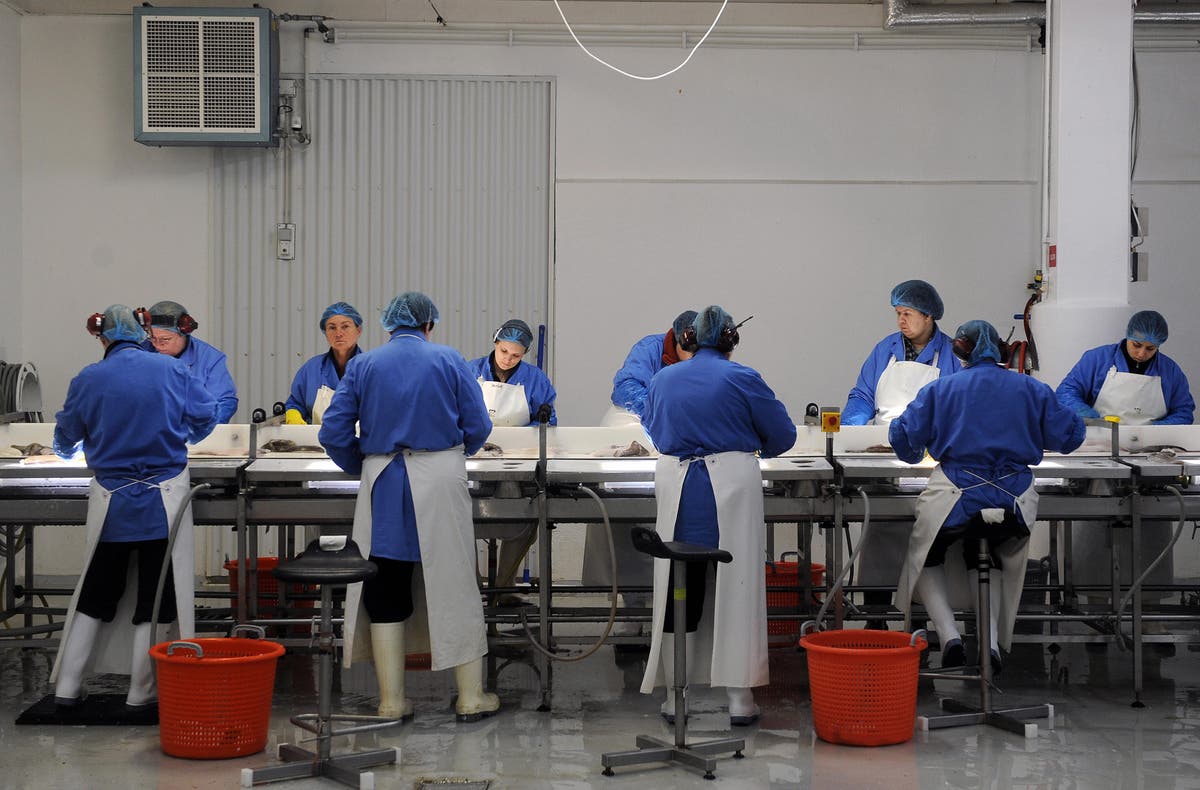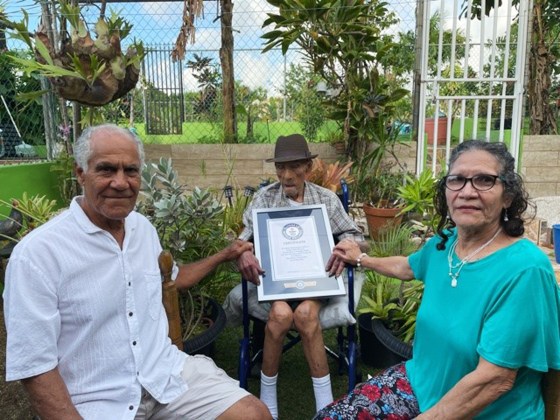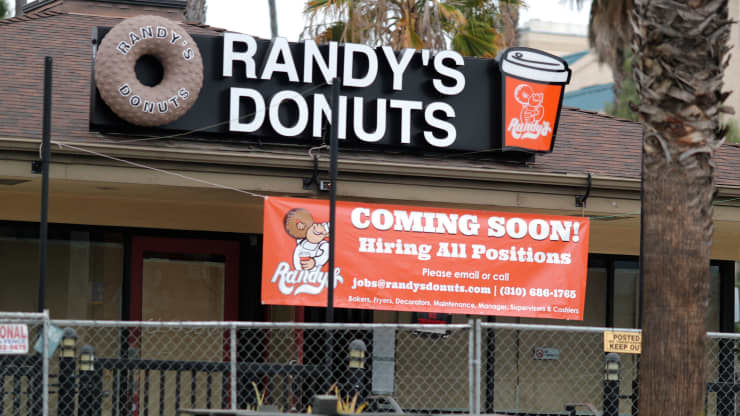
Highlighted Stories!
The new science of sleep: Everything we know about how it affects your health and brain Our 24/7 society seems to be slowly robbing us of our slumber, but at what cost? Sleep expert, professor of neuroscience and author of Why we sleep Dr Matthew Walker explores all the ways sleep can benefit our brains and our health. Our 24/7 society seems to be slowly robbing us of our slumber, but at what cost? Sleep expert, professor of neuroscience and author of Why we sleep Dr Matthew Walker explores all the ways sleep can benefit our brains and our health.
There is no major health system within your body or operation within your brain, that isn't wonderfully enhanced by sleep when you get it, or demonstrably impaired when you don't get enough.
Unfortunately, sleep is also not like the bank. Let's say I deprive you of sleep for a night (eight hours) at my Center for Human Sleep Science. Then I give you all of the recovery sleep you want on a second or even third night. While you will sleep more on those nights, you will never claim back all that slumber that you lost. Indeed, you may claim back less than 50 per cent of that missing eight hours.
As a result, you will always carry that debt. In other words, you cannot accumulate a sleep debt during the week, and then hope to pay it off in full at the weekend. Try as you may, you can never get back all that you lost. Week after week, this sleep debt escalates, like compounding interest on an unpaid loan. |
� | � |  | |
World's largest ever four day week trial in Iceland 'overwhelming success' Unions in the country are following up the trial by negotiating agreements that cut hours Unions in the country are following up the trial by negotiating agreements that cut hours
The world's largest ever trial of a four-day working week and reduced working time in Iceland was an "overwhelming success" and should be tested in the UK, researchers have said.
More than 1 per cent of Iceland's working population took part in the pilot programme which cut the working week to 35-36 hours with no reduction in overall pay.
Joint analysis by think-tanks in Iceland and the UK found that the trials, which ran from 2015 to 2019 and involved more than 2,500 people, boosted productivity and wellbeing and are already leading to permanent changes. |
| � |  | |
'Toxic Positivity' Is a Thing. A Lot of Us Are Experiencing It Now Trying to cheer up your team right now might backfire spectacularly, experts warn. Trying to cheer up your team right now might backfire spectacularly, experts warn.
Over the last decades, as Americans have grown sadder and lonelier by a whole host of measures, our employers have become obsessed with cheering us up. Google and many other companies have "chief happiness officers," and an army of researchers churn out advice on how to be happier and why we should strive to be so.
Of course, being happy is a fine goal (if also a problematic one--there are a lot of competing definitions of happiness), but according to a fascinating and timely new report in The Washington Post, the pursuit of happiness, if taken too far, can actually turn into harmful "toxic positivity."
It's a warning that's particularly resonant at a time when so many of us are trying desperately to cheer ourselves (and our teams) up in the midst of a pandemic, but instead just sinking deeper into malaise despite our efforts. Maybe you're not chasing happiness wrong. Maybe the chase itself is contributing to your misery. |
The world's oldest living man is Puerto Rican, Guinness World Records confirms At age 112, Emilio "Don Millo" Flores Márquez is the world's oldest living man. At age 112, Emilio "Don Millo" Flores Márquez is the world's oldest living man.
The world's oldest living man is 112 years old and lives in Puerto Rico, Guinness World Records announced Wednesday.
Emilio "Don Millo" Flores Márquez was born on Aug. 8, 1908, in Carolina, Puerto Rico.
Craig Glenday, editor-in-chief of Guinness World Records, said Flores Márquez was "born, interestingly, on the 8th day of the 8th month in the 8th year of the 20th century!"
As the second-oldest of 11 children, Flores Márquez started working on his father's sugarcane farm from a very young age. He was often responsible for watering and loading the sugarcane onto wagons for transport. As his family's first-born son, he was also in charge of carrying out household chores and helping to care for his siblings. |
| � |  | |
Private finance won't decarbonise our economies - but the 'big green state' can While the private sector wants to keep control of the green transition, what's needed is massive public investment While the private sector wants to keep control of the green transition, what's needed is massive public investment
The pandemic, we often hear, is forcing a rethink in economics. We are leaving behind one model: the austerity-obsessed small state that outsources the job of macroeconomic stability to unelected central banks. Central banks, in turn, worked to target inflation under a regime of benign neglect for unemployment; it was assumed, meanwhile, that the bond market should and would discipline governments into fiscal rectitude.
Now, the Biden administration's "once in a generation" spending plans suggest a paradigm shift is under way. It puts governments, through fiscal policy (taxing and spending), back in the driving seat. In this sense, macroeconomics has the potential to become more democratic. But are we celebrating too soon? The big test of the paradigm shift, possibly the fundamental test, is how we go about decarbonising our economies. |
| � |  | |
The Centuries-Old Sport of Karate Finally Gets Its Due at the Olympics  With the games set for Japan, the martial art will at last debut at next month's competition With the games set for Japan, the martial art will at last debut at next month's competition
Budokan, in Tokyo, is a revered center for budo, or Japanese martial arts. Steps away from some of the busiest avenues of the hyperkinetic city, a pedestrian road leads past the stone fortress walls and tree-lined moats of the Imperial Palace into the forests of Kitanomaru Park, a natural refuge first landscaped for the shoguns in the 17th century and only opened to the public in 1969. There, the Budokan, built for the 1964 Tokyo Olympics, hovers over the foliage like a postmodern pagoda: It was modeled on one of Japan's most ancient and beloved Buddhist temples, the Hall of Dreams, and its octagonal roof, whose shape is intended to echo Mount Fuji, is topped with a golden onion-shaped giboshi, a traditional ornament believed to ward off evil spirits. But on a pre-Covid visit, the serenity dissolves the moment you enter the portals during a karate tournament. The corridors are teeming with sweaty karateka, or practitioners, in white uniforms and colored belts, while the cavernous arena resounds with the roar of some 10,000 spectators, cheering on six competitors as they spar simultaneously in three courts below enormous video screens, their dancelike steps mixed with the familiar kicking, punching and chopping.
It's in this stadium that karate is set to debut this summer as an Olympic sport. In early August, 80 finalists, half men and half women, will face off in two competitions in kata, ritualized solo exercises, and six competitions in kumite, the sparring that is more familiar to foreign audiences. Although karate is not on the schedule for the Paris Games in 2024, the moment is still a significant breakthrough for the sport's estimated 100 million international practitioners. |
| � |  | |
How businesses are getting billions in cash back from government to offset hiring costs Small businesses across the country are struggling to keep employees and attract new staff in a tight labor market which has given workers the upper hand. The latest nonfarm payroll report on Friday showed that the hiring remains hot, with a better-than-expected 850,000 jobs added in June by employers, and wages again ticking higher. Small businesses across the country are struggling to keep employees and attract new staff in a tight labor market which has given workers the upper hand. The latest nonfarm payroll report on Friday showed that the hiring remains hot, with a better-than-expected 850,000 jobs added in June by employers, and wages again ticking higher.
Businesses are being forced to offer higher pay and more benefits to staff up and take advantage of a booming economy post-Covid. And they are competing locally with a slew of major corporations across the U.S. that have been hiking wages and offering enticing bonuses. Amazon is offering a $1,000 sign-on bonus for some warehouse jobs; McDonald's raised its minimum wage in May and now offers $400 and $500 bonuses for certain positions; Chipotle offers an average $15 per hour wage and a $200 referral bonus for existing employees. |
| � |  | |
Chinese Astronauts Make First Spacewalk Outside New Station  Two astronauts have made the first spacewalk outside China's new orbital station using a 15-meter-long (50-foot-long) robot arm to install cameras and other equipment. Two astronauts have made the first spacewalk outside China's new orbital station using a 15-meter-long (50-foot-long) robot arm to install cameras and other equipment.
Two astronauts on Sunday made the first spacewalk outside China's new orbital station to set up cameras and other equipment using a 15-meter-long (50-foot-long) robotic arm.
Liu Boming and Tang Hongbo were shown by state TV climbing out of the airlock as Earth rolled past below them. The third crew member, commander Nie Haisheng, stayed inside. |
| � |  | |
|


No comments:
Post a Comment